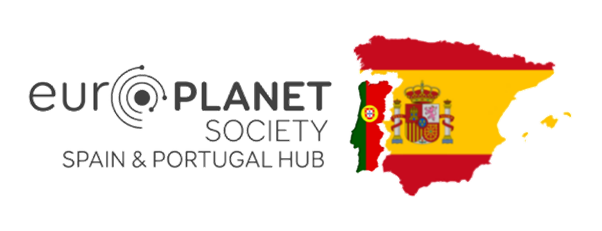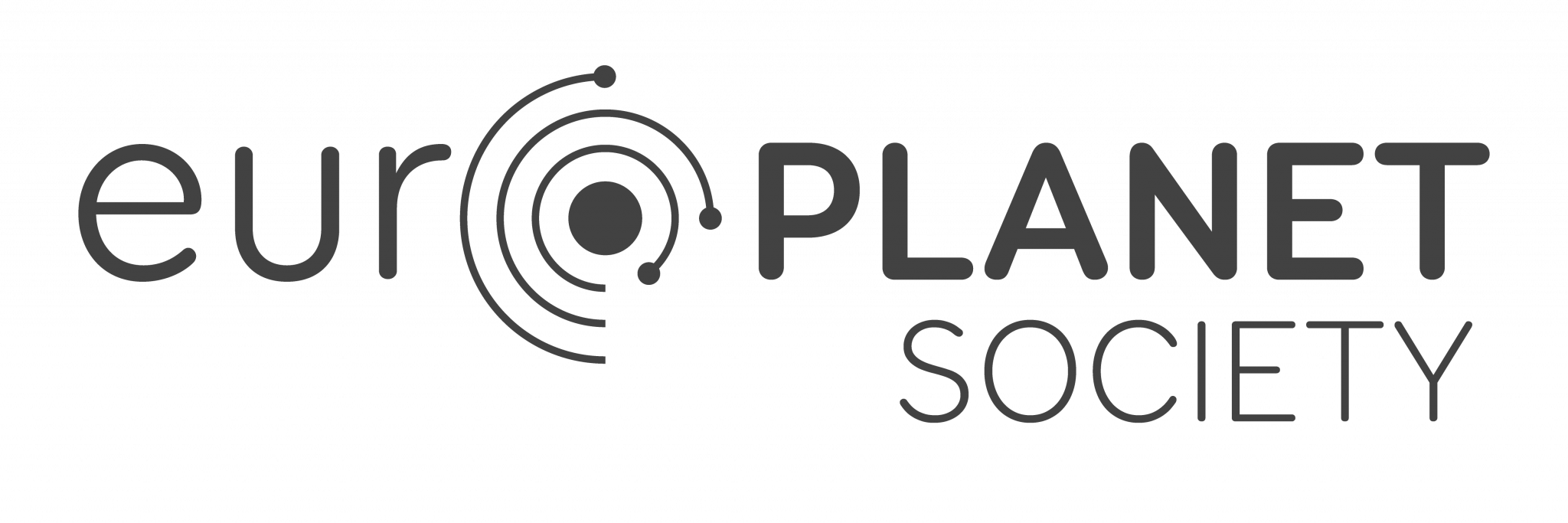Industry
& Stakeholders
Join
Europlanet Society
Networking
Hub Activities
Members
Europlanet Society
Outreach
Activities
Facilities
Ground Based Telescopes
Amateur
Community
Planetary Sciences
in Spain and Portugal
Space
Exploration
Professional
Community
Dear colleagues,
1) The Planetary Science team at the University of Alicante (Spain) is issuing a 2-yr postdoc position in the frame of a coordinated national project with Dr. Jens Ormö at CAB-INTA in Madrid. The project is called CRATERS.The UA leg is more focussed on statistical work and numerical modelling with application to small bodies and related to the DART (NASA) and Hera (ESA) space missions. Please, don't hesitate to ask for more details.
2) Find attached a list of other (pre- and) postdoc positions to join our group. Most calls will open this fall. Our group is currently involved in the DART and Hera missions, but our research interests span from collisional evolution to statistics, dynamics and internal structure of small bodies (asteroids, comets and TNOs). Candidates with observational background are also welcome. Some positions need to be backed by our research group and Institute, so, please, contact me if you are interested.
Feel free to forward this to potentially interested people.
Thank you very much for your attention.
Adriano Campo Bagatin
Dear colleagues,
I would like to promote an open Post-doc position in Belgium in the field of spectroscopy applied to planetary atmospheres.
The project is a joint investigation between UCLouvain and BIRA-IASB.
All details can be found here:
https://aeronomie.be/en/vacancies/scientist-mfx-2
Deadline for application: 30/09.
Could you please forward this to interested young minds?
Thank you very much,
Kind regards,
Séverine
"The Planetary Science team at the University of Alicante (Spain) is issuing this Fall a 1+1 yr postdoc position in the frame of a coordinated national project with Dr. Jens Ormö at CAB-INTA in Madrid. The project is called CRATERS.The UA leg is more focussed on statistical work and numerical modelling with application to small bodies and related to the DART (NASA) and Hera (ESA) space missions. Please, don't hesitate to ask for more details.
Also, other positions to join our group are available under our regional program. Most calls will open in early Fall. Our group is currently involved in the DART and Hera missions, but our research interests span from collisional evolution to statistics, dynamics and internal structure of small bodies (asteroids, comets and TNOs). Candidates with observational background are also welcome. Some positions need to be backed by our research group and Institute, so, please, contact Adriano Campo Bagatin (Esta dirección de correo electrónico está siendo protegida contra los robots de spam. Necesita tener JavaScript habilitado para poder verlo.) if you are interested.
More information.
Feel free to forward this to potentially interested people."





